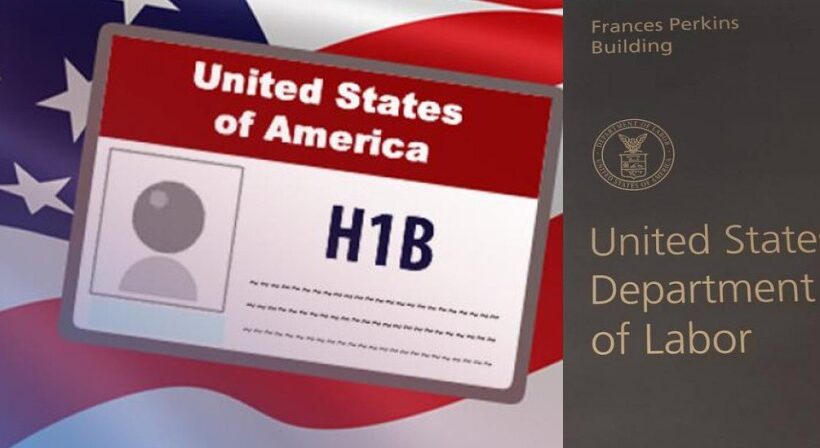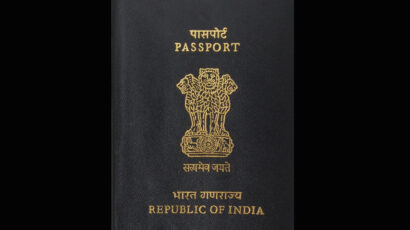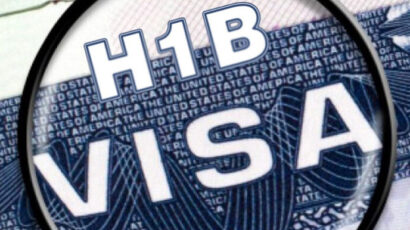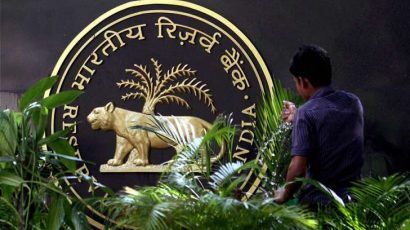Biden Administration Considers Shelving DOL Wage Rule Impacting H-1B Visa Holders and Immigrants

The Biden administration is considering shelving a Department of Labor (DOL) rule that aimed to change how prevailing wages are set for H-1B professionals and employment-based green card applicants. The previous administration’s intention was to price foreign-born scientists and engineers out of the labor market, which caused employers to respond with litigation. However, the DOL has now moved the proposal to its long-term agenda, indicating a potential indefinite delay.
The Biden administration views the rule as a low priority and emphasizes the importance of attracting global talent to strengthen the economy and technological competitiveness. A federal judge previously vacated the DOL wage rule, along with a separate rule from the Department of Homeland Security (DHS) restricting the H-1B visa category. The judge’s decision was based on the failure to demonstrate good cause and the lack of a connection between the H-1B visa category and pandemic-related economic problems.
The Trump administration attempted to salvage the DOL regulation by publishing a final rule in January 2021. However, organizations such as the U.S. Chamber of Commerce filed a complaint arguing that the rule contradicted the statutory language and was arbitrary and capricious. The rule significantly raised wages, making it challenging for highly skilled foreign nationals to find employment.
The Biden administration did not oppose vacating the rule and delayed its implementation until November 2022. The DOL would need to undergo a new rulemaking process to make changes to the prevailing wage process. The department also requested public input on calculating prevailing wages for H-1B visa holders and employment-based immigrants, which may have influenced the decision to postpone changes.
Recent data and academic research indicate that H-1B visa holders are not “cheap labor.” The average annual salary for H-1B visa holders in computer-related occupations was $129,000 in 2022, with research showing that they are paid the same or higher than comparable U.S. workers. The immigration system remains restrictive, leading to an increase in Indians immigrating to Canada.
Overall, the potential shelving of the DOL wage rule reflects a shift in priorities by the Biden administration, focusing on attracting global talent and ensuring a competitive economy without excessive restrictions on high-skilled foreign professionals.















